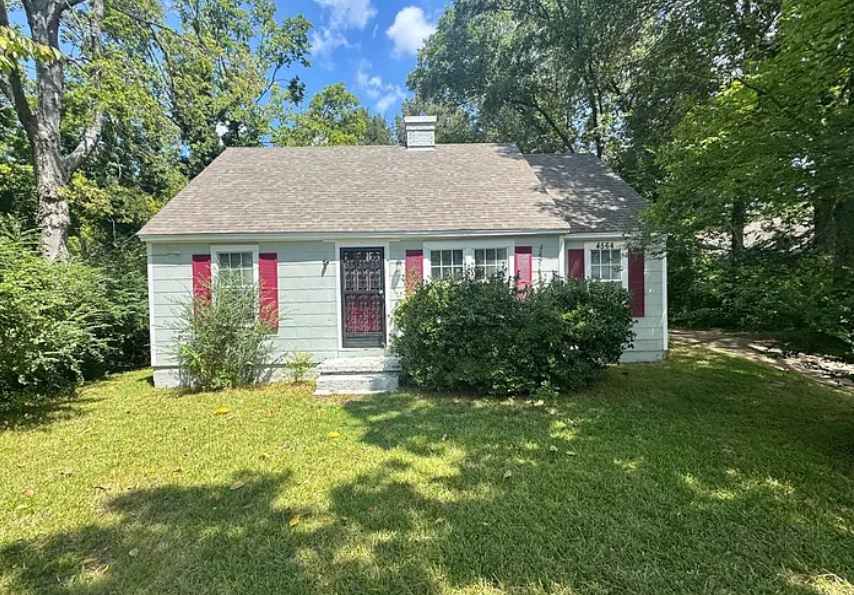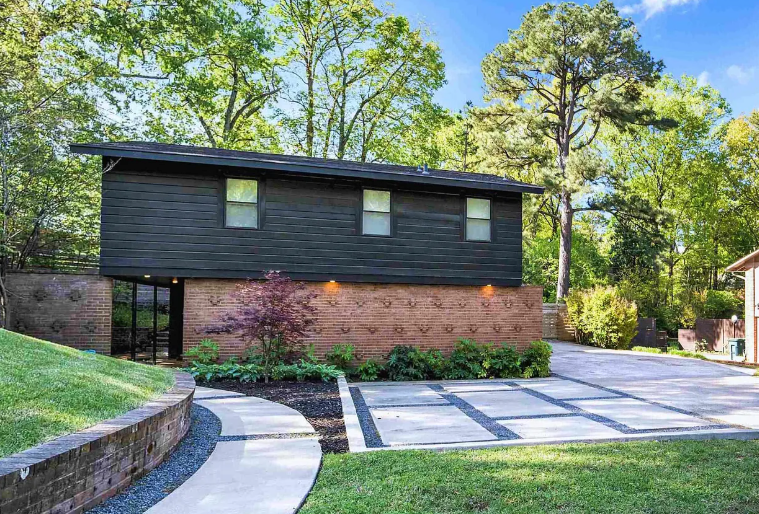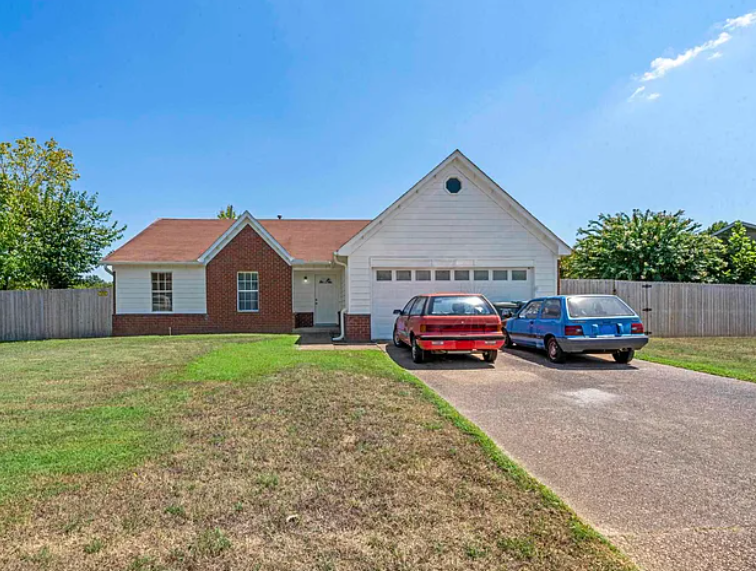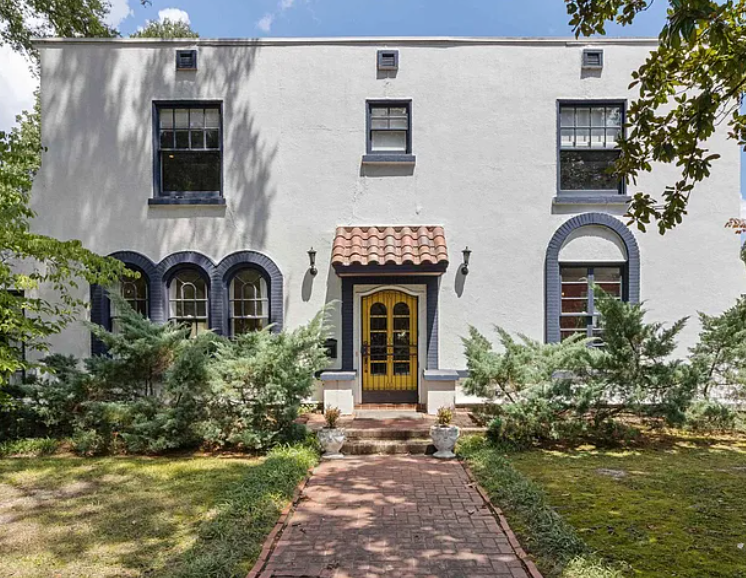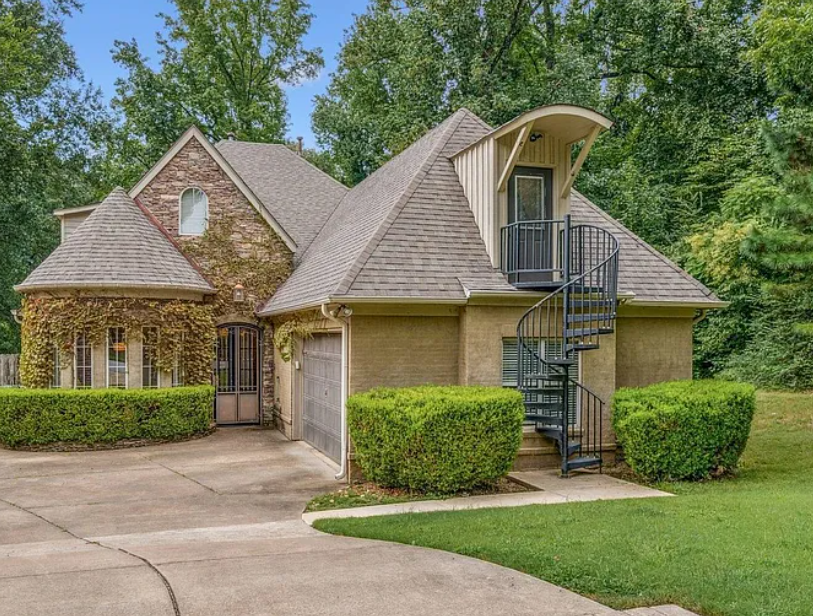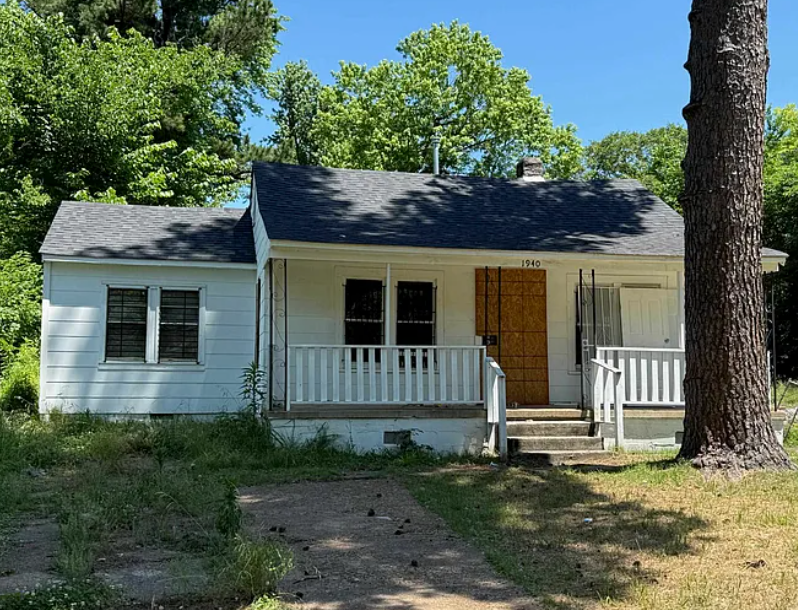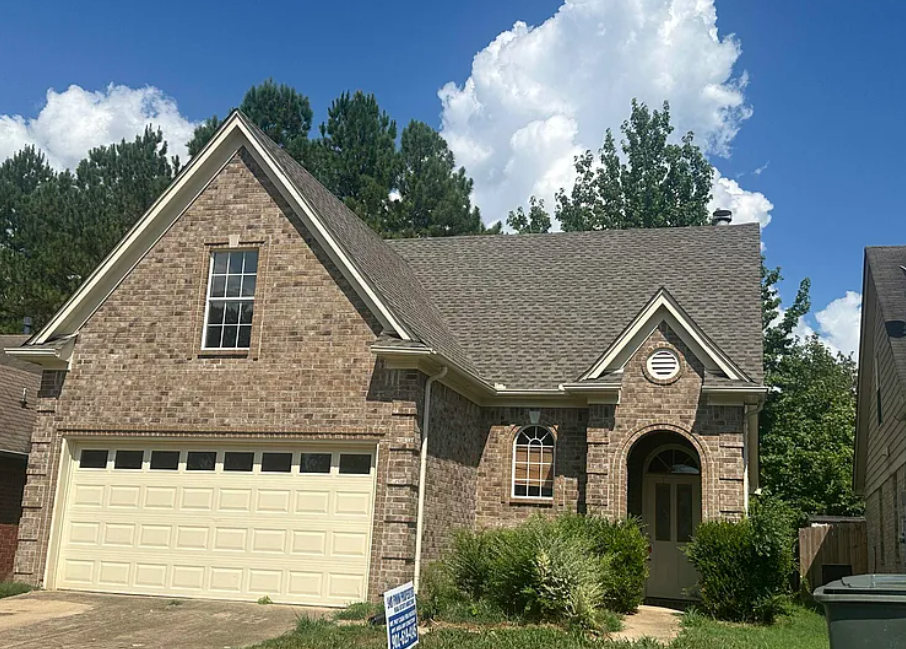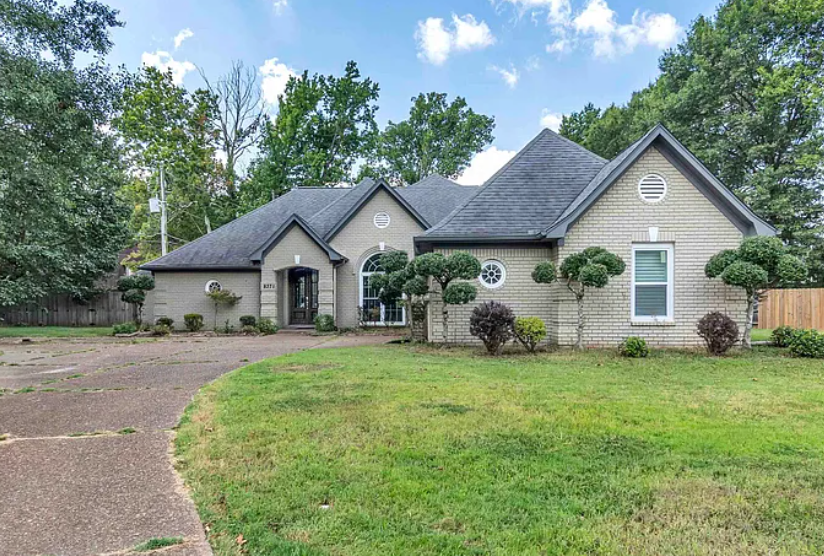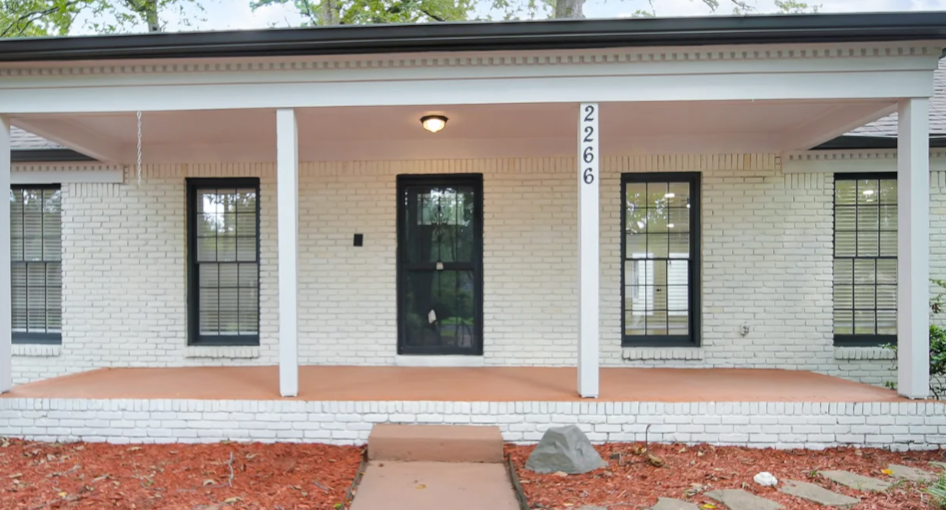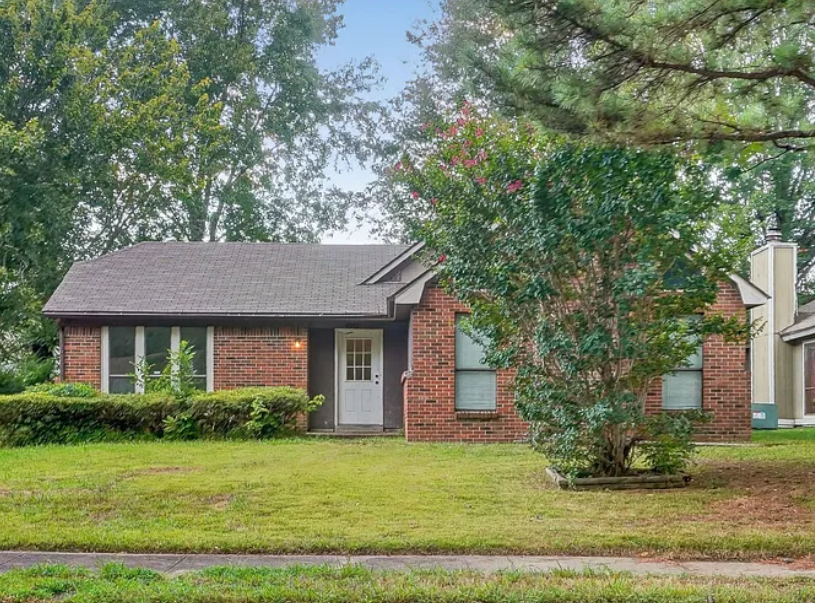Essential Legal Rights of Homeowners Facing Foreclosure
Essential Legal Rights of Homeowners Facing Foreclosure

Facing foreclosure can be one of the most stressful experiences for any homeowner. It's a situation that feels overwhelming, especially when you're unsure of your rights and the steps you can take. However, it's crucial to know that even if you've missed payments, you're not without options. Understanding your legal rights is essential in navigating this challenging time.
As a homeowner, you possess specific rights designed to protect you during the foreclosure process. These rights ensure that lenders follow proper procedures before reclaiming your property. For instance, you're entitled to receive a notice of default, which outlines the terms of your loan and any outstanding amounts. This notice gives you a chance to address the issue and potentially halt the foreclosure process.
In some states, you may also have the right to reinstate your loan or redeem your property. Knowing these rights empowers you to take action and possibly prevent losing your home.
Understanding Foreclosure
Navigating the foreclosure process becomes crucial when facing financial difficulties as a homeowner. Knowing the nuances and differences aids in better preparation and decision-making.
Types of Foreclosure
Foreclosure falls into two main categories: judicial and nonjudicial. Judicial foreclosure involves court proceedings, where the lender files a lawsuit against the borrower. States following this process typically issue a Notice of Default. Nonjudicial foreclosure, on the other hand, happens outside the court system. Here, the lender uses a power of sale clause in the mortgage agreement to conduct a foreclosure sale. This type of foreclosure usually proceeds faster and is available in states that permit such agreements.
Reasons for Foreclosure
Several factors can lead to foreclosure. The most common reason is the failure to make mortgage payments. Financial difficulties, like job loss or overwhelming medical bills, often prevent homeowners from meeting their obligations. Other breaches, such as failure to comply with zoning regulations or pay property taxes, can also initiate foreclosure proceedings. Life events like divorce or death might contribute to missed payments, triggering foreclosure. Though circumstances vary, understanding these underlying causes helps in negotiating potential solutions.
Legal Rights During Foreclosure
Understanding legal rights during foreclosure provides homeowners with essential protection. These rights empower individuals to navigate the often complex foreclosure process effectively.
Right to Receive Notice
Homeowners are entitled to receive timely and clear notices about foreclosure. Notices of Default and Sale must comply with state laws, detailing outstanding amounts and possible steps to prevent foreclosure. This transparency ensures informed decision-making.
Right to Cure the Default
The right to cure allows homeowners to fix default by catching up on missed payments plus fees, stopping foreclosure. States vary in the specifics but generally provide this opportunity up until a foreclosure sale.
Right of Redemption
Redemption rights let homeowners buy back their property even after a foreclosure sale. Generally, states require payment of the sale price or total debt plus fees within a statutory period. This right offers a path to reclaim ownership.
Right to Mediated Solutions
Certain states grant the right to mediation before foreclosure proceedings. A neutral mediator helps lenders and homeowners negotiate viable solutions, potentially preventing foreclosure.
Challenging the Foreclosure Process
Homeowners can challenge foreclosure if they suspect lender errors or violations of legal procedures. Judicial and nonjudicial foreclosures provide avenues for disputing discrepancies in court or through individual lawsuits.
Protection Under Federal Law
Federal law offers additional protections, like mandatory mortgage servicer communications and rights under the Real Estate Settlement Procedures Act. These laws safeguard against unfair foreclosure practices and enhance transparency.
Staying in Your Home During Foreclosure
Facing foreclosure doesn't mean immediate eviction. Homeowners can utilize certain legal rights to stay in their home longer, ensuring they have time to explore options.
Temporary Protections
To delay foreclosure proceedings, one possible step is filing for bankruptcy, which places an automatic stay on foreclosure actions temporarily. Bankruptcy can provide breathing room to organize finances and possibly restructure debt. Additionally, there might be foreclosure avoidance or mitigation programs available that offer temporary protection, such as loan modification plans. Consulting a foreclosure attorney helps clarify these options and identify applicable programs specific to your situation.
Zombie Foreclosures
Zombie foreclosures arise when homeowners abandon a property after receiving a foreclosure notice, assuming the process has concluded when it hasn’t. Nevertheless, ownership and responsibilities remain with the homeowner until the foreclosure is finalized and the title transfers. As a result, staying informed and in contact with the lender prevents being caught in a zombie foreclosure scenario. Experts advise continuing property maintenance and paying applicable utilities and taxes to avoid future liabilities. Navigating zombie loan issues requires professional guidance to clarify the status of any lingering loans and security interests after a primary mortgage is modified or written off.
Rights After Foreclosure
After foreclosure, homeowners still possess legal rights that may offer financial and legal relief. Understanding these rights can help navigate the post-foreclosure landscape effectively.
Right to Surplus Funds
Homeowners may be entitled to surplus funds if the property sells for more than the mortgage balance at a foreclosure sale. States vary on this right. In many states, the former homeowner gets the remaining funds after satisfying the mortgage and covering fees. For instance, Connecticut allows claims for surplus funds within 90 days. Otherwise, unclaimed surplus funds go to the state. Checking state laws ensures eligibility for claiming these funds.
Possibility of Wrongful Foreclosure Claims
Homeowners can challenge a foreclosure if they suspect wrongful actions by the lender. Successful claims prove that the lender breached legal duties during the foreclosure process, like providing incorrect notice or engaging in predatory practices. Each state has a statute of limitations for filing such claims, which requires timely action. Consulting a real estate attorney promptly ensures that claims are filed within the legal timeframe. Having a strong defense can also bolster the credibility and success of these claims.
Seeking Legal Assistance
Understanding legal options becomes crucial when facing foreclosure. Professional guidance offers clarity and can significantly alter the foreclosure outcome.
When to Consider Hiring a Lawyer
A lawyer is often essential when foreclosure proceedings begin. Legal complexities arise when homeowners challenge the foreclosure, suspect lender misconduct, or negotiate loan modifications. In states where mediation is required, an attorney assists in ensuring compliance and advocates for favorable terms. Wrongful foreclosure claims further necessitate legal expertise, as proving such cases demands a detailed knowledge of state and federal laws.
Finding Legal Resources
Accessible legal resources empower homeowners during foreclosure. Local legal aid societies often provide free consultations and representation for those who qualify financially. Online platforms like Legal Services Corporation (LSC) offer valuable information on legal rights and options. State bar associations maintain directories to locate attorneys specializing in foreclosure defense. Exploring these resources assists in finding competent legal representation tailored to specific foreclosure cases.
Conclusion
Navigating foreclosure is undoubtedly challenging but understanding your legal rights can make a significant difference. By staying informed and proactive you can better manage the foreclosure process and explore options to retain your home. Remember that you're not alone and seeking professional legal assistance can provide the support needed to defend your rights effectively. It's crucial to act promptly and maintain open communication with your lender to avoid unnecessary complications. With the right knowledge and resources you can face foreclosure with confidence and work towards a favorable outcome.
Explore more foreclosure solutions with Atlas Property Investors! Call (601) 803-7241 for a free, no-obligation consultation. Discover the best way forward today!
Request Your Offer Now
